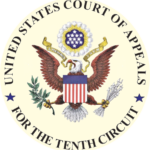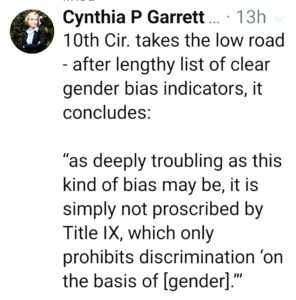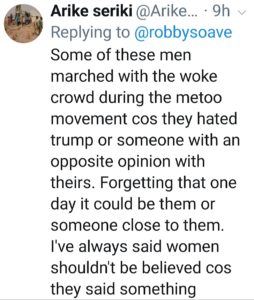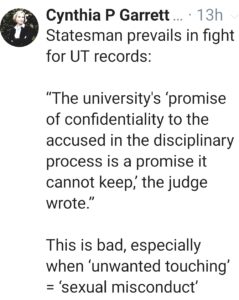RULING: U-M Students Accused OF Sex Misconduct Must Have Rights Protected
When the Sixth Circuit ruled in Doe v. Baum, following up on its decision in Doe v. University of Cincinnati, the law appeared settled: The male students accused of sexual misconduct were entitled to cross-examination in Title IX sexual misconduct proceedings. Problem solved, right? So why then didn’t the University of Michigan’s president get the message? In its desire to be a mecca of political correctness, the University of Michigan continues to prioritize the rights of some students over others. And that does not fly in the courts, thanks to the U.S. Constitution, which demands free expression and due process for everyone. UM’s resistance to ensuring its codes of conduct abide by that framework keep landing the university in court.
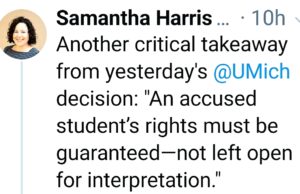 Recently, federal judge Arthur Tarnow ruled that the University of Michigan violated the due process rights of a student accused of sexual misconduct when it denied him a hearing with the opportunity to cross-examine his accuser. Judge Tarnow, who has been very pointed in his criticism of the way U-M handles sexual misconduct cases, went a step further, saying he doesn’t trust U-M to follow through on making sure accused students get the due process hearings they are entitled to…While Michigan didn’t want to appear not to comply, it simultaneously chose not to comply because, well, it didn’t want to. It didn’t agree, as if this is a debate between peers with the Sixth Circuit (and Judge Tarnow) on one side and UM president Schlissel on the other, both sides being entitled to their own opinion and, therefore, entitled to agree to disagree and go about their lives doing what they believe to be the right thing.
Recently, federal judge Arthur Tarnow ruled that the University of Michigan violated the due process rights of a student accused of sexual misconduct when it denied him a hearing with the opportunity to cross-examine his accuser. Judge Tarnow, who has been very pointed in his criticism of the way U-M handles sexual misconduct cases, went a step further, saying he doesn’t trust U-M to follow through on making sure accused students get the due process hearings they are entitled to…While Michigan didn’t want to appear not to comply, it simultaneously chose not to comply because, well, it didn’t want to. It didn’t agree, as if this is a debate between peers with the Sixth Circuit (and Judge Tarnow) on one side and UM president Schlissel on the other, both sides being entitled to their own opinion and, therefore, entitled to agree to disagree and go about their lives doing what they believe to be the right thing.
As more suits are brought, more rulings obtained, holding that campus sex tribunals involve unconstitutional deprivations of due process to accused male students, some colleges will comply, but others will simply resist, firm in their belief that they are on the right side of history and, even if courts don’t agree, are doing what they have to, what they should, do to protect women. They are, in essence, challenging the courts by saying “make me,” and the reality is that the “least dangerous branch” doesn’t have any really good magic to do so.
Attorney Deborah Gordon, who represented the accused student, praised Judge Tarnow’s decision. “We are very pleased to have a court order ensuring that there will be due process for our client. It is unfortunate that the University continues to issue policies applicable to sexual misconduct complaints that do not comply with federal law. This lawsuit was the result of those decisions.”
thefire.org-Harris simplejustice.us-Greenfield freep.com-Jesse reason.com-Volokh





